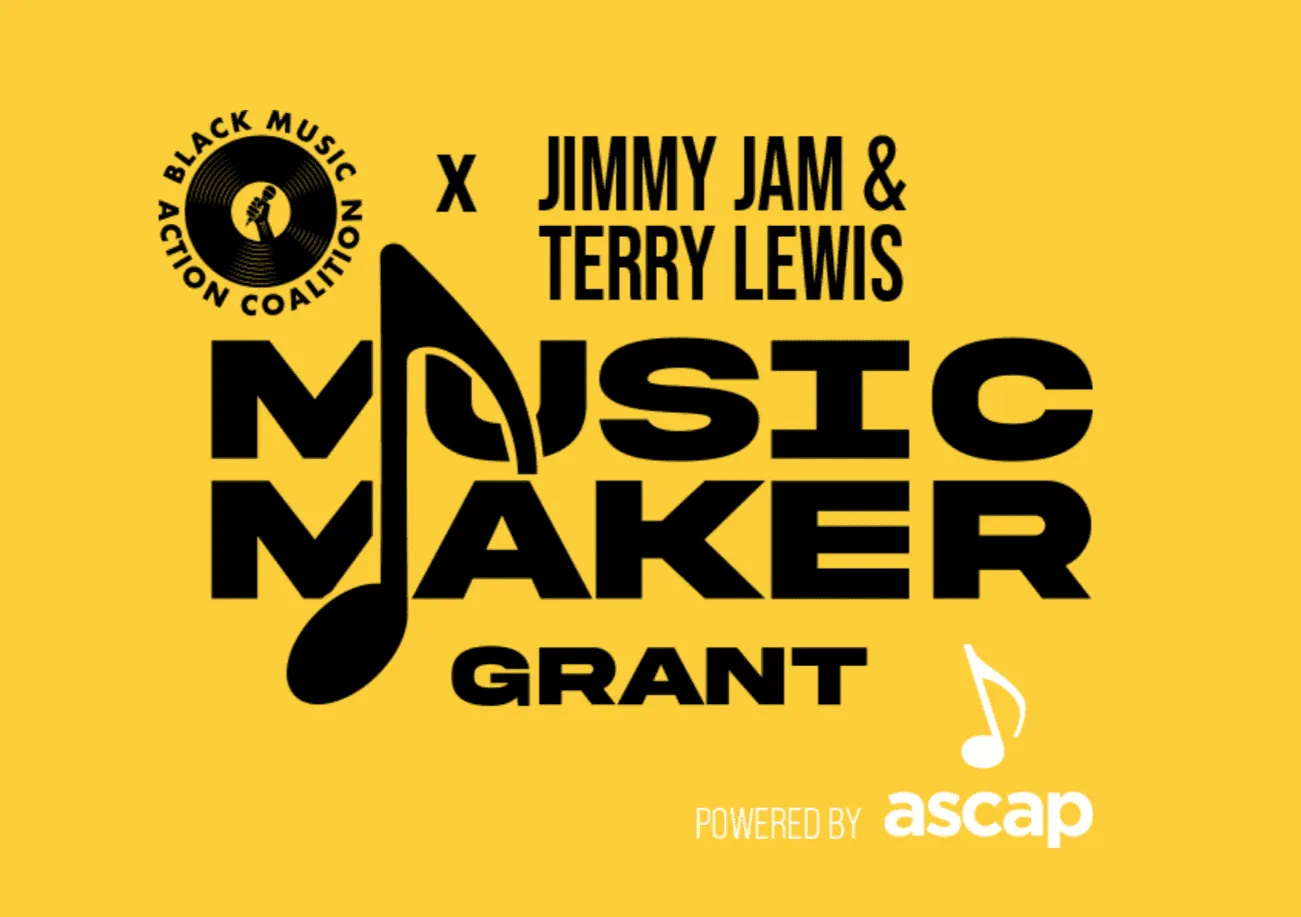Though math is usually used to tell you if a song was a hit based on sales, scientists from the University of Bristol believe they have "The Hit Equation." A group focused on artificial intelligence developed machine learning algorithms that mined the characteristics of top hits to develop a formula for key musical features that determine whether a song will be a hit.
The lads at the Intelligent Systems Lab, armed with the power of math, identified 23 features that were considered important from tempo and loudness to harmonic simplicity vs. non-harmonicity.
Features Included in the Hit Equation
The results are 60% accurate in predicting a top five hit or below 30 non-hit. They noted that their Hit Equation must be adjusted somewhat as tastes shift but it's apparently a fairly gradual process. This particular group of scientists aren't discussing commercial applications however their public site, Score a Hit!, suggests entertainment may be a key outcome.
Mark Brown discusses Score a Hit! and related services and points to Hit Song Science and their site uPlaya. They offer not only hit analysis but related marketing services designed to leverage that analysis.
I don't know how Hit Song Science does its magic, but they claim to analyze "fundamental characteristics of all music" including brightness, tempo and changes over time, to identify hit potential in relationship to changing trends. They also identify markets where each song would be most likely to succeed.
Though I can't recommend the service, the idea of analyzing songs to identify markets and then providing marketing services is an interesting application.
MORE: Why Justin Bieber Is Such A Big Hit, a guest post by FutureHitDNA author Jay Frank.
Hypebot contributor Clyde Smith maintains his freelance writing hub at Flux Research and blogs at All World Dance and This Business of Blogging. To suggest topics for Hypebot, contact:
clyde(at)fluxresearch(dot)com.




